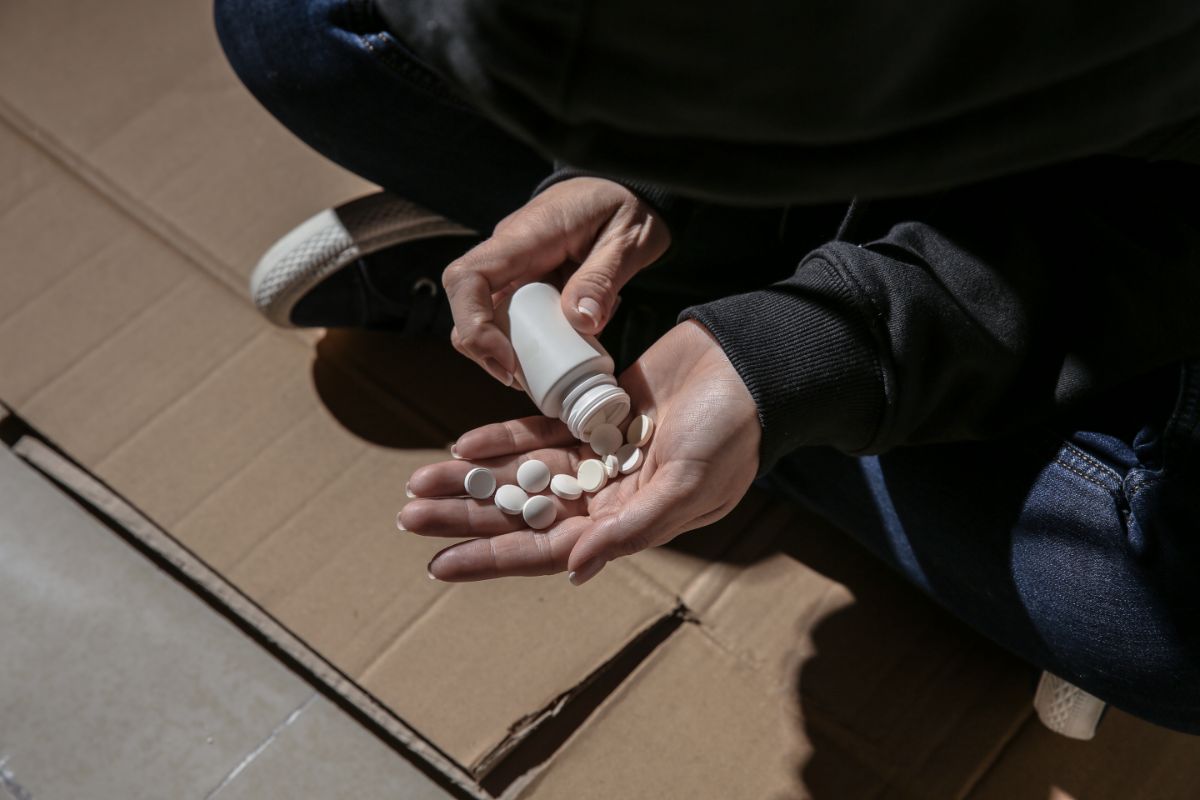
Understanding Kleptomania In Teens
- Smoking
- June 23,2025
- BY Beachside Teen Staff
- 0 Comments
Understanding Kleptomania In Teens
Kleptomania in teens can be confusing and even alarming for parents to witness. Unlike typical stealing, this behavior is driven by an impulse that your teen may not fully understand or be able to control. Many parents blame themselves or feel unsure about how to handle the situation—but they are not alone. Understanding what kleptomania is and how to respond with support can make a big difference in your teen’s well-being.
Beachside Teen Treatment Center is here to help adolescents aged 12-18 overcome substance use and mental health disorders. Call us today at(888)254-0916 to learn more.
What is Kleptomania?
Kleptomania is a behavioral disorder characterized by a repeated, uncontrollable urge to steal items that are not needed for personal use or monetary gain. In teens, this condition can be particularly concerning, as it often emerges during a time of emotional and psychological development. Unlike typical acts of theft driven by peer pressure or material desire, kleptomania is driven by internal tension and followed by a sense of relief or satisfaction after stealing. Teens with kleptomania may feel ashamed or confused by their behavior, which can lead to secrecy, guilt, and even legal or academic consequences. Early intervention through therapy and support is key to helping adolescents understand and manage this complex impulse control disorder.
Signs and Symptoms of Kleptomania in Teens
Kleptomania in teens can be difficult for parents to recognize, as the behavior is often hidden due to feelings of guilt or fear of consequences. Being aware of the warning signs can help parents and caregivers take early steps toward getting their child the help they need. Common signs and symptoms of kleptomania in teens include:
- Repeated stealing of items that have little or no value or personal use
- Intense urges to steal, often leading to anxiety or tension beforehand
- Relief or satisfaction after committing the theft
- Attempts to hide or cover up stolen items
- Avoiding discussions about the behavior or becoming defensive
- Feelings of guilt, shame, or regret following the behavior
- Increasing secrecy or withdrawal from family and friends
- Stealing despite knowing it could lead to serious consequences
Risk Factors for Kleptomania in Teens
Understanding the potential risk factors for kleptomania can help parents recognize when their child may be more vulnerable to developing this impulse-control disorder. While the exact cause of kleptomania is not fully known, several biological, psychological, and environmental influences may increase the risk. Risk factors for kleptomania in teens may include:
- Family history of mental health disorders, particularly anxiety, depression, or substance use
- Imbalances in brain chemicals, such as serotonin or dopamine, which play a role in impulse control
- Co-occurring mental health conditions, like obsessive-compulsive disorder (OCD) or eating disorders
- High levels of stress or trauma, including major life changes or past abuse
- Low self-esteem or emotional regulation difficulties, which can drive impulsive behavior
- History of other behavioral issues, such as lying or aggression
How to Help Teens with Kleptomania
Supporting a teen with kleptomania can be challenging for parents, as it is a distressing disorder. It is critical to approach the issue with compassion and structure, helping your teen understand their actions while guiding them toward better behaviors. Here are some effective ways parents can assist a teen struggling with kleptomania:
- Seek professional help early: A mental health professional can diagnose kleptomania and recommend therapy or other treatments tailored to your teen’s needs. Early intervention can reduce long-term consequences and improve coping strategies.
- Stay calm and avoid punishment-based reactions: Reacting with anger or harsh discipline may increase your teen’s shame and secrecy. Instead, express concern and a willingness to help them get support.
- Educate yourself and your teen about kleptomania: Learning that kleptomania is a mental health condition—not simply bad behavior—can help both you and your teen approach it with more understanding and less judgment.
- Encourage open communication: Create a safe space for your teen to talk about their urges or feelings without fear of punishment. Feeling heard can help reduce the emotional difficulties that often fuel compulsive behavior.
- Establish healthy routines and coping skills: Helping your teen develop better ways to manage stress, such as exercise, journaling, or mindfulness, can reduce the likelihood of impulsive actions.
- Monitor behavior without shaming: Be aware of your teen’s habits and environments, but avoid guilt-tripping or constant surveillance. Quiet support and boundaries are often more effective than confrontation.
Find Teen Mental Health Treatment in California
At Beachside Teen, we understand the seriousness of kleptomania and how upsetting it can be for parents. Our treatment center offers a wide range of mental health programs that can help your teen address any underlying issues, learn constructive coping strategies, and establish healthier habits. Overall, our goal is to help them overcome challenges and set them up for the bright, purposeful future we know they are capable of. To learn more about what we have to offer, give us a call or visit our admissions page today. tment Center in Los Angeles, California, is here to help.
Contact us today to get your teen the help they need.



